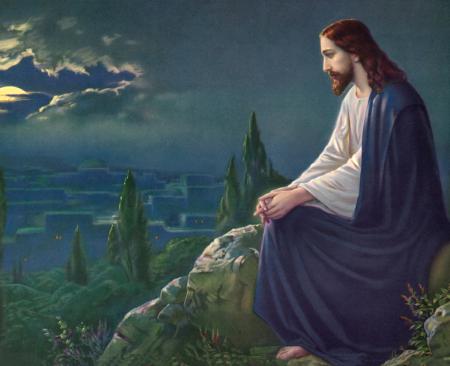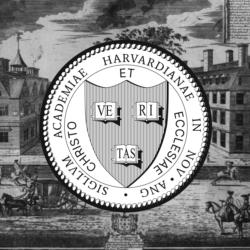Fathers on film
Twenty or 30 years ago, the media seemed intent on portraying dads as uninvolved and stupid. Now, it rarely bothers to portray them at all. That's only one of the countless ways women have been encouraged to live as if men are unnecessary.
In our Age of Empowerment, we don't need men to support us. We don't need them to protect us. We don't need their companionship. We don't need them for sex. We don't even need them to bear -- or raise -- children. But as the family itself teeters on the edge of obsolescence, it seems to me that we need fathers more than ever, certainly more than we suspect, and far more than our current culture is willing to admit.
For me, it's personal. My parents divorced when I was seven, and the last time I ever saw my dad was two years later. My mom was dedicated to doing whatever it took to raise me. And I am grateful that's exactly what she did. But no mother -- not even the most committed and conscientious -- can fill the gap created when dad dies or walks out the door.
Of course, nature abhors a vacuum. As a child, I was always looking for someone to step into that role and be a father to me: a man at church, a friend's dad, a teacher, and if I'm honest, the boys I dated. Today, I see lots of kids dad-hunting the way I did. And while they may not yet realize it, for many, the source of the insecurity they feel lies with the man who wasn't there for them.
No matter how many times the experts tell us that children are resilient, growing up without a father's presence is painful. No child should expect to fend for himself in the world. Yet, without a dad's providence and protection, that is exactly what a great number of them do. Taking on that outsized task at too young an age results in an unhealthy self-sufficiency, one that makes asking for help difficult and intimacy even more so.
An even more significant issue lurks beneath the surface. Those of us who were launched into adult life without a father's love aren't even sure what a father is supposed to be. A lot of good men who aspire to be good fathers don't know where or how to begin. And the wives who want to support them don't know how to do that either. Fatherhood leaves a legacy. Fatherlessness does too.
When our faith falters, the Bible advises us to:
"Remember the days of old,
consider the years long past;
ask your father, and he will inform you;
your elders, and they will tell you" (Dt 32:7).
Many of us wish it was just that simple.
There are five films, though, that can help us sort out our experiences and identify some of the things we didn't even know we'd lost. I plan to watch all of them in the weeks ahead. Perhaps you should, too. "Indiana Jones and the Last Crusade" (1989) offers an entertaining exploration of the childhood baggage we carry into our adult relationships with our fathers. The quirky characters of "Second-Hand Lions" (2003) reflects on the need for positive models of masculinity. "Chitty Chitty Bang Bang" (1968) shows us the tenderness of a father's care. "A Man for All Seasons" (1966) gives us a view into fatherly strength and protection. And "Life Is Beautiful" (1997) depicts the power of a father's self-sacrifice, and the lengths to which a man would go to protect the innocence of his child.
The stories we hold dear deeply influence the stories we will tell. Your experience of fatherhood may be rich and precious, or it may be negative or sparse. But beyond our own experience, there is a treasury of literature and film from which we can draw, and through which we can not only begin to understand the gift of fatherhood but reclaim and restore it in our own families.
- Jaymie Stuart Wolfe is a Catholic convert, wife, and mother of eight. Inspired by the spirituality of St. Francis de Sales, she is an author, speaker, and musician, and provides freelance editorial services to numerous publishers and authors as the principal of One More Basket. Find Jaymie on Facebook or follow her on Twitter @YouFeedThem.



















